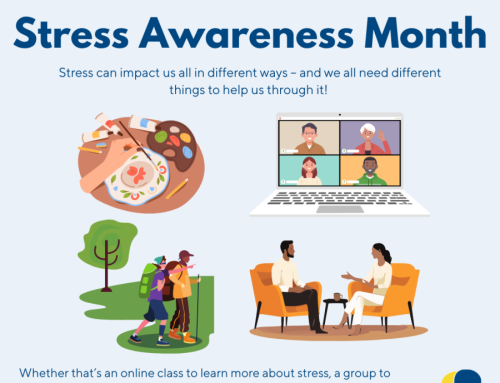Better in Kirklees (BiK) social prescribing service uses an holistic approach to support people to be active and involved in their community, keeping people happier, healthier and independent for longer. We started taking referrals in April
2016 and by July we had 98 people!
We connect the people we work with to a wide range of community activities, support and networks such as arts and cultural groups, sports activities, environmental projects and friendship groups.
BiK workers talk to each person about how they would like to improve their health and wellbeing, offering information, support and encouragement so that they can get involved in community activities, get out and about near to where they live.
Social prescribing is not an alternative to medical prescriptions but a complementary service addressing social and health needs of people and communities. This enables services to refer patients with social, emotional or practical needs to a range of local, non-clinical services, often provided by the voluntary sector.
We currently receive referrals from GPs and other practice staff, CMHT, Adult Social Care and other Health professionals and our aim is to grow links with both GP surgeries and the community sector in the wider Kirklees district, identify any gaps in services and work closely with the Council to respond to local needs.
We also work with community groups to find out what support they need in terms of being able to welcome more people with long-term health and social care issues and being able to keep going – this includes linking them up with similar organisations and sharing support and training.
We are developing a Peer Champion support service – where service users can take up a variety of volunteering opportunities – from a few hours to more long term volunteering – such as buddying, community research, setting up new groups where there are gaps.
Who can be referred?
Adults over 18, living in Kirklees, who have two or more long term health conditions, including physical disability, sensory impairment, learning disability, mental health issues, drug/alcohol issues and /or are an unpaid carer.
What are the benefits for service users?
- Gaining independence – reduces isolation – trying out new activities – getting help with some worries – becoming more active in the community – bettering mental health and wellbeing.
- Expanding interests – sharing skills and experience – not relying on medical staff for ‘treatment’.
What are the benefits to GPs and other Health Professionals?
- Helps reduce the frequency of patients visiting GP surgeries and services – focus on prevention and early intervention – recognition that patients need support with nonmedical issues.
- Option other than referral to hospital or prescribe medication – speed of referral .
Some of the activities our beneficiaries have been connected to so far in the community include:
- Home library service
- Woodturning
- Community allotments
- Arts groups
- Bereavement support
- Wellbeing recovery courses
- Physical activity (swimming to chair based exercise)
- Luncheon clubs
- Coffee mornings
- Memory loss groups
“Thank you for this, I really appreciate it. Grandad is really enjoying the Thrusday group and can’t wait to go back and check out the other groups. I was wondering if my Grandma can be referred too? I think she will really benefit from any support from groups in the community.”





